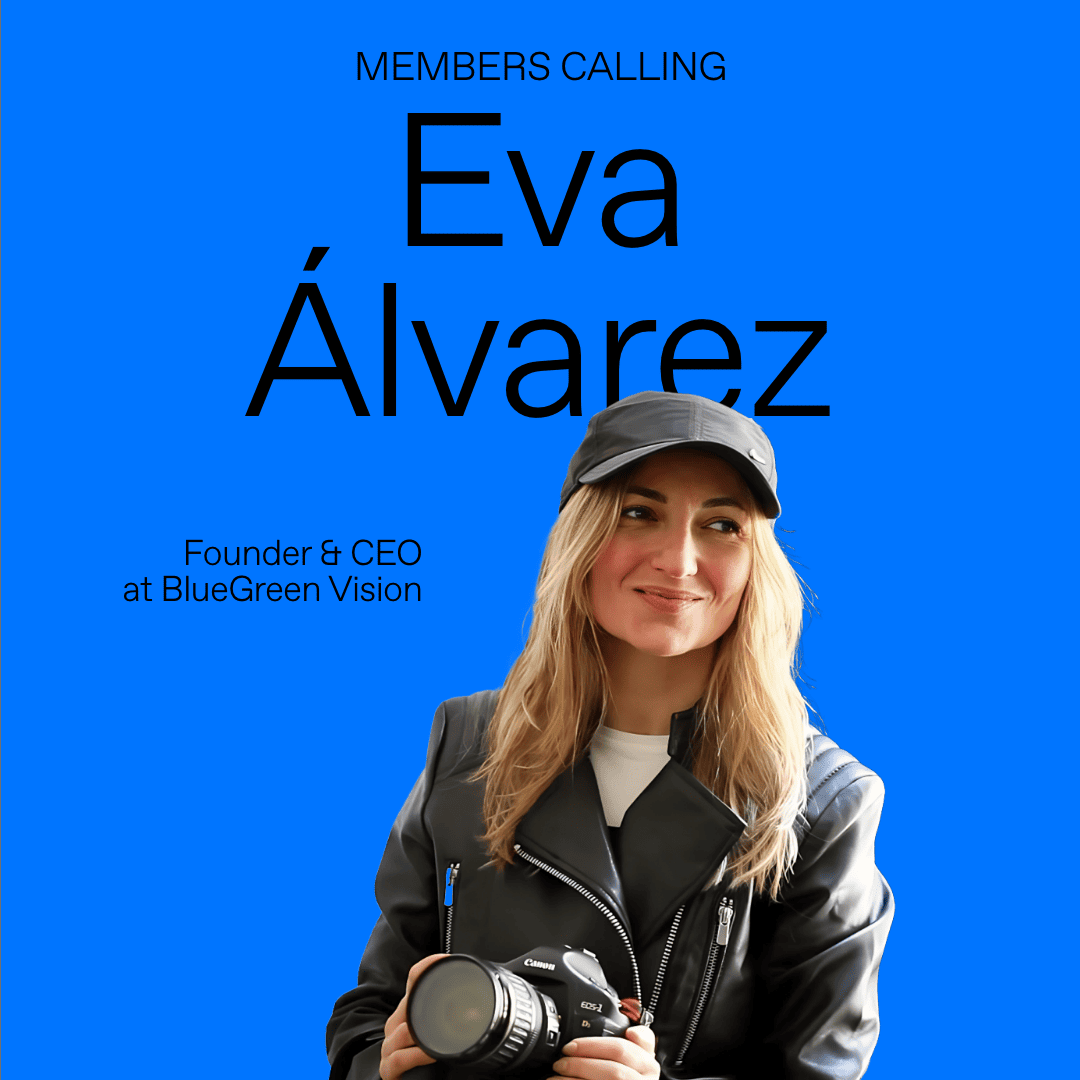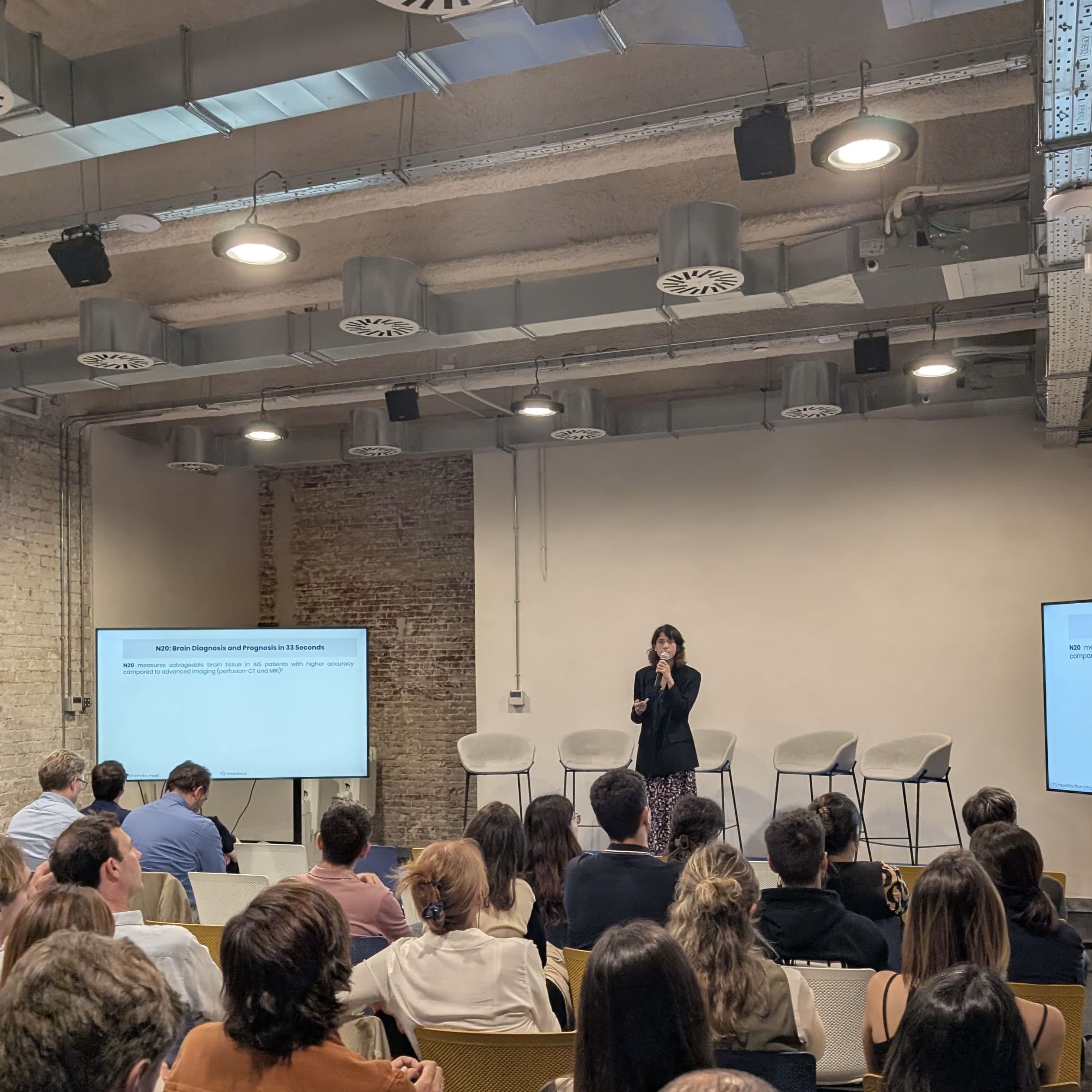Ley Europea de Accesibilidad: ¿Está tu web o app preparada para cumplir la normativa?
Por DOONAMIS
02 Jul 2025
Digital accessibility is not just a “technical issue” or something to leave for later. It’s about making sure anyone can use your website or app without trouble—whether they have a disability, are older, or live in areas with poor internet.
Starting June 28, 2025, the European Accessibility Act requires websites and apps to meet accessibility standards, with significant penalties for non-compliance.
What does it really mean for a website or app to be accessible?
You might think your site is easy to use, but accessibility goes further. It’s about designing and developing to ensure no one is excluded by technology barriers. Key principles include:
-
Visual: Strong color contrast, scalable text without breaking layout, avoiding color-only information.
-
Auditory: Subtitles in videos and audio transcriptions.
-
Motor: Keyboard navigation, large and easy-to-click buttons.
-
Cognitive: Clear, simple language; consistent and predictable layout.
In short, it’s about removing tech barriers that block people from accessing your content or services—as required by the law.
Who must comply with the European Accessibility Act?
Not all companies are required, but many are. Here’s a quick breakdown:
-
Medium and large companies with public websites or apps
-
E-commerce, banks, transportation websites, marketplaces
-
Public institutions
-
Digital publishers, ATMs, and self-service terminals
Who is exempt?
Microbusinesses (under 10 staff and €2M turnover), internal non-public websites, and legacy products that aren’t updated. However, even if you’re exempt, compliance opens opportunities and keeps you in the running for public contracts.
What happens if you don’t comply?
Beyond being a legal requirement, skipping accessibility can result in:
-
Fines from €30,000 to €600,000
-
Daily penalties up to €1,000 until resolved
-
Up to 2 years of business suspension in serious cases
You’ll also lose users, hurt your brand image, and may be excluded from public contracts or tenders.
What are the benefits of compliance?
It’s not just about avoiding fines. Making your site accessible offers real growth:
-
Reach more users (over 4 million people in Spain have a recognized disability)
-
Strengthen brand trust and reputation
-
Improve clarity and usability for everyone
-
Better SEO and voice assistant compatibility
Why act now, not later?
Adapting your site or app takes time: analysis, fixes, testing… Waiting increases your risk of last-minute penalties and lost users. Accessibility can give you a real competitive edge.
How can Doonamis help?
At Doonamis, we help companies make their websites and apps accessible in a practical, effective way:
-
Full technical audit: Over 50 criteria based on WCAG 2.1/2.2 and EU standards
-
Clear, actionable report: What’s wrong, why it matters, and how to fix it
-
Fix support: We guide your team or do the fixes for you
-
Legal and strategic advice to ensure smooth compliance
If you haven’t started adapting yet, you’re already late. Fines are approaching, and the risk increases every day. Don’t wait—take advantage of accessibility now, with Doonamis.
Request your technical audit, accessibility declaration, and priority incident report (IRA) and take the first step toward a barrier-free digital space. Contact us!


